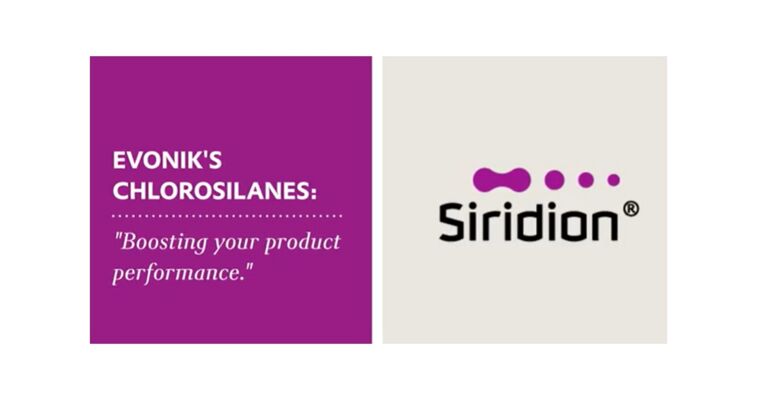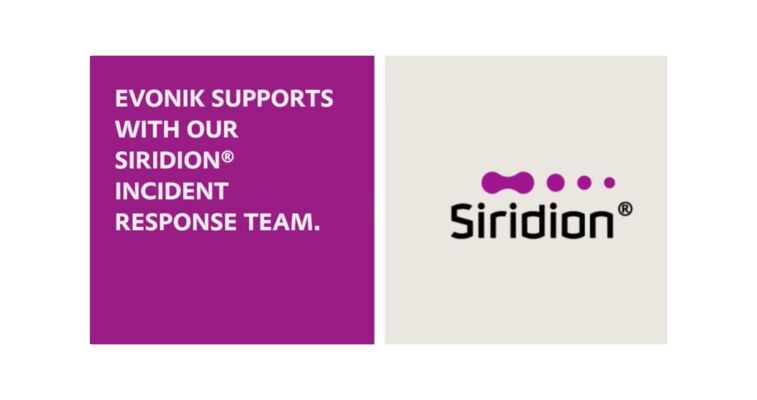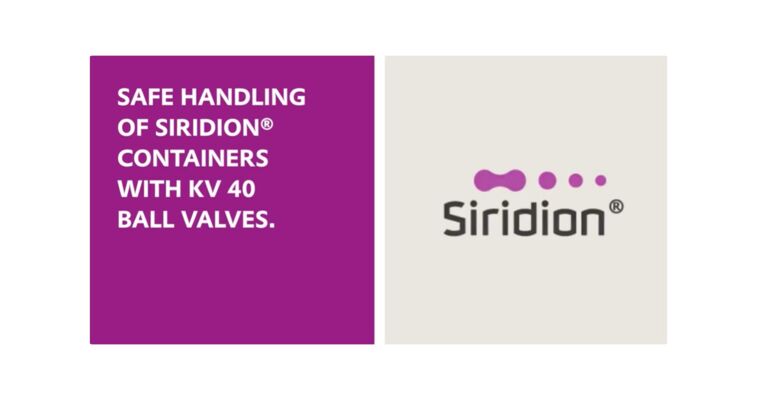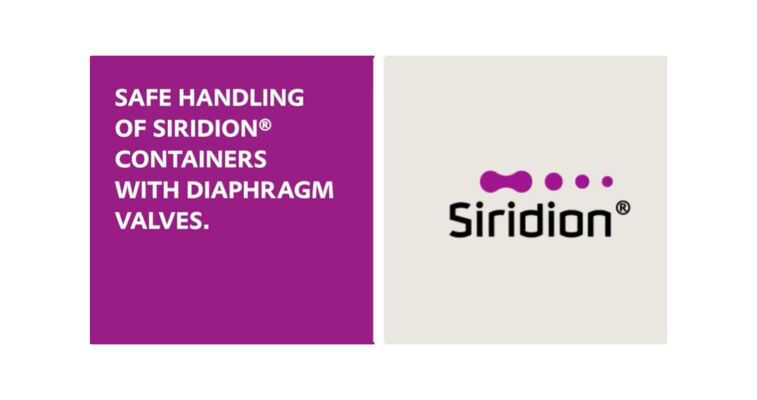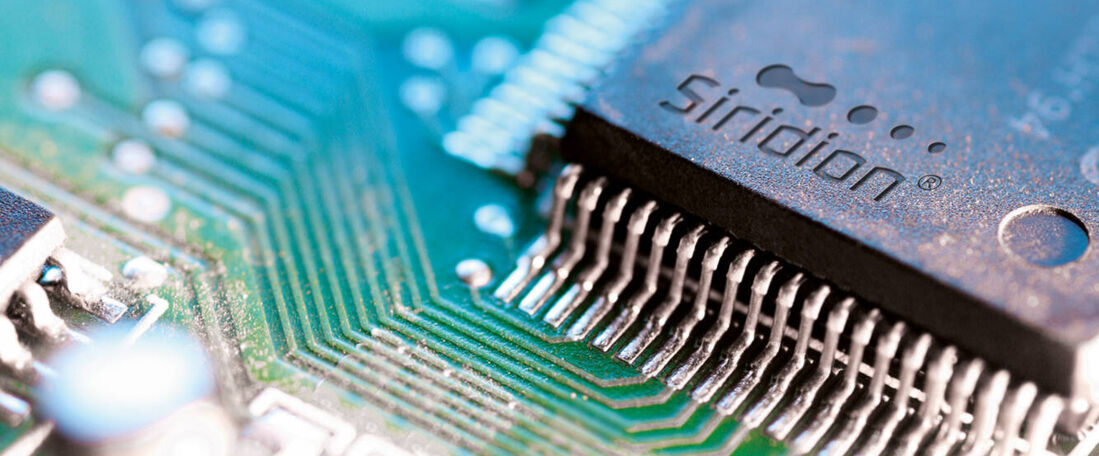
Colloidal silica
Purity and precision in layer polishing
Microchips are the heart of most electronic devices. As chips become ever smaller, the requirements producers must meet are growing. Silanes and silica play an important role in various steps of the production process. Colloidal silica, for example, are used as abrasives for polishing semiconductors. Evonik’s colloidal silica are monodisperse, available in a range of forms and particle sizes, and are characterized by their ultra-high purity.
When it comes to producing integrated circuits – microchips – purity and precision are what count. It takes hundreds of process steps to produce a finished chip consisting of countless ultra-thin layers. These layers are applied to the wafer and patterned in multiple steps. This can result in unwanted unevenness that needs to be smoothed and polished.
High purity silica as an abrasive
This is where chemical mechanical planarization (CMP) comes in. The polishing agent used is known as slurry: a milky suspension containing an abrasive. Evonik’s chosen abrasive is ultra pure colloidal silica, which the company markets under the brand name Idisil®. This is dispersed with other reagents in the water and is one of the most important components of the formulation. The silica particles allow precise surface specifications to be met.
This is all thanks to the special properties of this silica: The extremely small particles of Evonik’s colloidal silica are monodisperse, meaning that they are all in the same size category. They are also ultra high purity, meaning that any traces of metal are in the billionth range. Evonik offers its Idisil® products in various forms and particle sizes, as a dispersion or powder, and with various surface functionalizations to suit any desired application.
Depending on the surface functionalization and form, Idisil® can exhibit both mechanical and chemical abrasive properties in the CMP process. The result of this process step thus depends on the composition of the CMP slurry.
Silane-based production
Evonik produces its colloidal silica using the Stöber process, named after the scientist Werner Stöber. Hydrolysis of alkylsilicates, followed by condensation, produces especially round, evenly formed silica particles. The alternative water glass process is more likely to produce metal pollutants.
Evonik is experienced in handling and producing ultra high purity products and specializes in particle modification and surface functionalization for colloidal silica. The functionalized particles are suitable even for extremely challenging applications. Evonik’s experts are always happy to support their customers in developing bespoke solutions for their specific requirements
The benefits at a glance:
- Ultra-high purity
- High product consistency
- Monodisperse particles
- Customer-specific modifications possible
Videos
